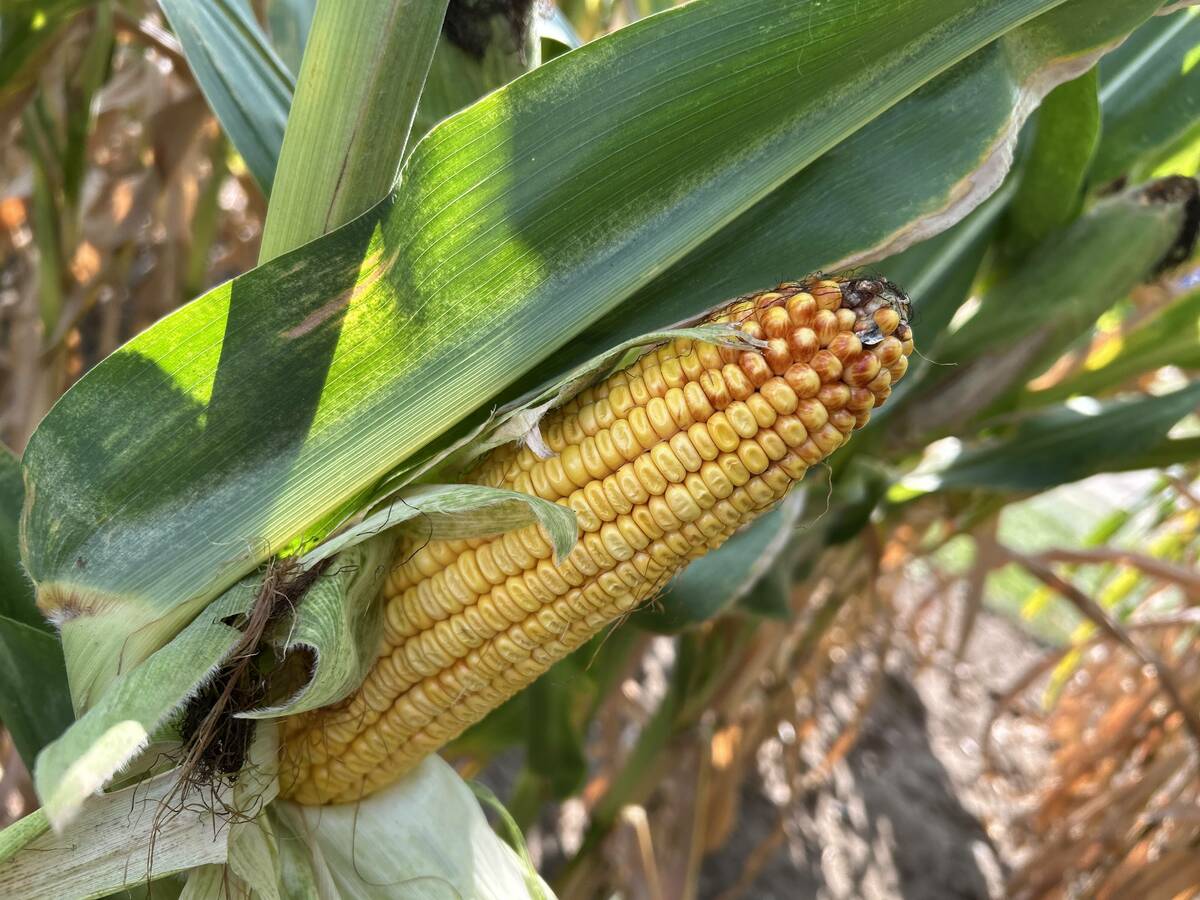CHICAGO (Reuters) — The United States is considering rules that would require outbreaks of a deadly pig virus to be reported to the government.
The move is an effort to improve tracking of the disease, which has already spread to 30 states.
Porcine epidemic diarrhea virus has killed millions of baby pigs since it was first detected in the U.S. a year ago. It has crimped the country’s hog supplies and sent prices to record highs.
It remains unclear how the virus entered the country, and farmers have struggled to find ways to contain it.
Read Also

Crop estimates show mixed results
Model-based estimates used by Statistics Canada showed the 2025/26 crop year has seen increases in canola, corn for grain, oats and lentils production while seeing dips in spring wheat, durum wheat, soybeans and barley in comparison to 2024/25.
The U.S. Department of Agriculture has discussed the option of mandatory reporting with the American Association of Swine Veterinarians, said association executive director Tom Burkgren.
PED, which is nearly always fatal in piglets, has been difficult to track partly because veterinarians are not required to alert government officials of its presence.
“(The USDA is) currently evaluating additional options for addressing this virus,” a spokesperson said in an email.
The veterinarians’ association has been publishing weekly outbreak data based on voluntary reports since PED was first discovered in the U.S. The virus does not affect humans.
Burkgren said it may be too late for mandatory reporting to have significant benefits to the livestock industry.
“You’ve got a very widely distributed disease,” he said.
“At this point in the outbreak, I think we’d have to see some really good reasons to start reporting it.”
Mandatory reporting is already used for viruses such as African swine fever and foot-and-mouth disease.
The USDA can quarantine animals with African swine fever and restrict the movement of infected animals.














